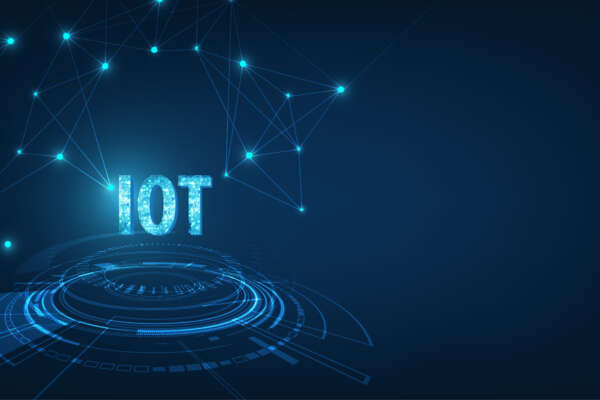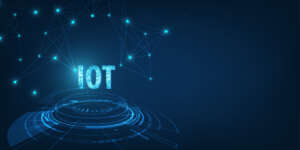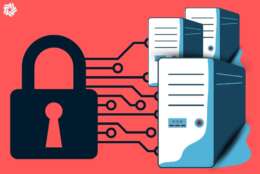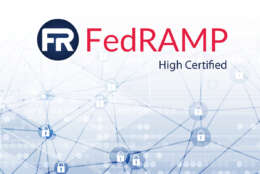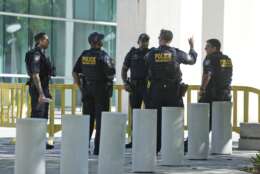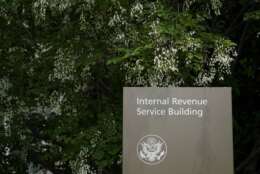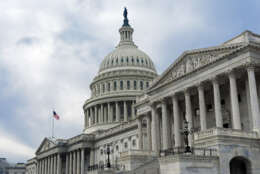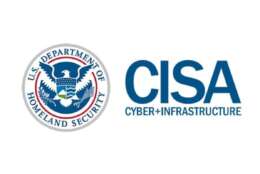Hubbard Radio Washington DC, LLC. All rights reserved. This website is not intended for users located within the European Economic Area.
On Air: Federal News Network
IOT SECURITY
The internet of things, or IoT, refers to sensors with an extremely wide range of capabilities, network requirements, and power needs.
Read moreThe Department of Homeland Security’s Sensors and Platforms Technology Center (SP-TC) says early warning systems and sensor technology has applications in the private sector.
The innovative world of Internet of Things (IoT) means industry and government can build things better, stronger faster. They can gather more information, and quickly integrate it. However, there is a price to moving that much data around at that speed. It also means keeping pace with the security concerns in a sophisticated, quickly-evolving environment.
Today, when system components are now IT components, the risk if greater but interconnectivity can also have preventative measures with cost benefits.
-
Crowdstrike has a lot to teach about routine system maintenance
The recent Crowdstrike outage has shown everything that can go wrong when doing a simple update.
-
OMB’s new FedRAMP policy takes aim at the pain points
Drew Mykelgard, the deputy federal chief information officer at OMB, said the updated FedRAMP policy pushes for more automation, reciprocity.
-
Newest constellation of weather satellites gets flight plan
Space Hour host Eric White spoke to Dylan Powell, Lead Strategist for Weather and Earth Science at Lockheed Martin.
-
Federal security agency struggling with new IT system for tracking contract guards
The IT challenges come as multiple agencies have been forced to close their offices for hours or even a full day due to a shortage of federal security guards.
-
IRS embarks on ‘absolutely critical’ refresh of legacy HR systems
The IRS is managing hundreds of legacy HR IT systems with thousands of workflows, but deferred upgrading these systems when the agency faced budget cuts.
-
Amid political leadership vacancies, calls for SES reform continue to rise
Opting for career SES officials or appointees who don’t need Senate confirmation may be the most effective way to minimize persistent leadership vacancies.
-
CISA executive director to depart after three years
Brandon Wales is the second senior leader to depart CISA in recent months. He led many of CISA’s internal and external initiatives over the last three years.
-
A new NASA experiment shows finding the building blocks for life on other planets may not require much digging
New research from NASA shows that the building blocks of life beyond Earth may not be hard to find were we ever to send a probe to do some digging around.

